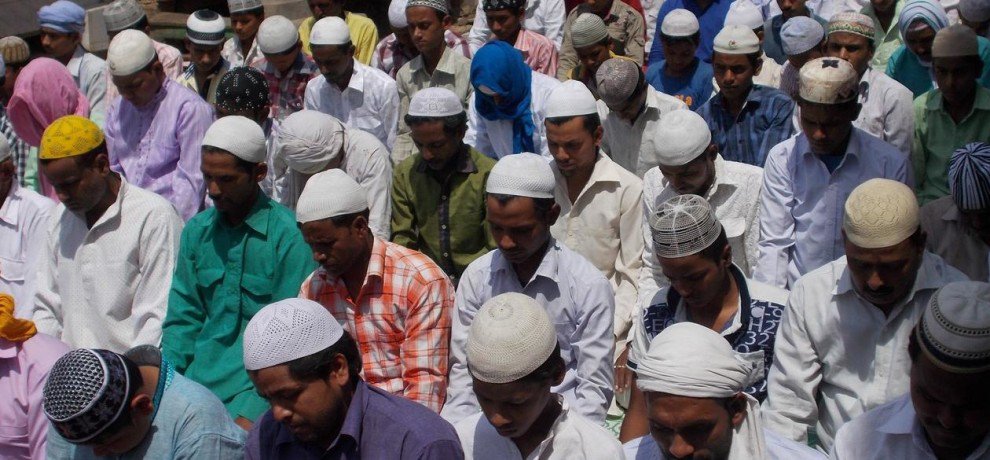
The Pasmanda Movement – Bihar and Beyond
Today in Dalit History we bring to the forefront a contemporary anti-caste struggle of Dalitbahujan Muslims in India –the Pasmanda Movement. “Pasmanda” is a Persian term meaning “oppressed” in and encompasses those who make up more than 80% of the total Muslim population in India – Dalit and backward castes Muslims.
The Pasmanda ideology first took shape as a social movement in the 1990s in the state of Bihar. It challenged the authenticity of a monolithic Muslim identity in India by underscoring the existence of three Muslim caste-groups; Ashraf (upper castes), Ajlaf (middle castes) and Arzal (lower castes).
It asserted that although Islam does not recognize hierarchy based on birth, in practice, caste has persisted within these communities for centuries. The realities of the low caste Muslims like Julahas (weavers) and Lalbegi (scavengers), the existence of caste-based endogamy and the Ashraf domination in Muslim religious forums and leadership were beginning to be seen as unacceptable. Pasmandas demanded the political space, discourse, and power that had been historically denied to them.
With the formation of two key organizations; the All-India United Muslim Morcha in 1993 and then the All India Pasmanda Muslim Mahaz in 1998, the Pasmanda movement was ready to break Ashraf hegemony. The main goal of these organizations was the constitutional recognition of affirmative action for Pasmanda communities.
Under the Government of India Act of 1935, a list or schedule was drawn up of castes that were recognized as extremely backward. These castes had both Hindu, as well as Muslim members and provisions, were made for their collective socio-economic upliftment. However, in 1950 a presidential order was passed according to which these special benefits would be available only to those Scheduled Castes who professed to be Hindu. With one stroke of the pen, non-Hindu Scheduled Castes were henceforth denied the benefits that the 1935 Government of India act had provided for them.
The work done by the Pasmanda movement has quickly spread from Bihar and has so far convinced the assemblies of Bihar, Uttar Pradesh, and Andhra Pradesh have all passed resolution supporting the demand for inclusion of Christian and Muslim Dalits among Scheduled Castes.
Although anti-caste struggles are not new to the Muslim communities in India, the Pasmanda movement is working with a rapidly-shifting political landscape. It has expanded its resolutions from affirmative action advocacy to forming socio-political alliances with other Bahujan communities as well as extending support to labor and strengthening the policy framework for Pasmanda women.



+ There are no comments
Add yours